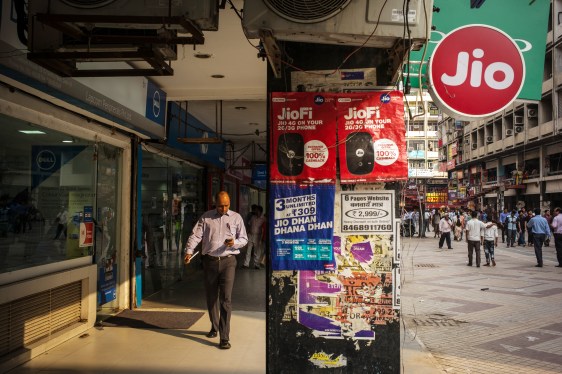A recent study by the Mozilla Foundation has revealed that social media platforms Facebook, TikTok, and Twitter did not live up to their election integrity pledges during Kenya’s August elections. The report highlights the failure of content labeling to stop misinformation and the amplification of propaganda through political advertising.
The Study’s Findings
The study found that hours after voting ended in Kenya, social media platforms were awash with mis- and disinformation on candidates who were purported to have won the elections. Twitter and TikTok’s labeling efforts were spotty and failed to stop the spread of these falsehoods. Facebook, on the other hand, had no visible labels during the elections, allowing the spread of propaganda.
Propaganda and Misinformation
The study notes that the days following Kenya’s federal election were an "online dystopia." The platforms failed to fulfill their promises of being trustworthy places for election information. Instead, they became spaces for conspiracy theories, rumors, and false claims of victory.
"We needed platforms to fulfill their promises of being trustworthy places for election information. Instead, they were just the opposite: places of conspiracy, rumor, and false claims of victory," said Odanga Madung, the Mozilla Tech and Society Fellow who conducted the study.
Political Advertising
The study also found that Facebook allowed politicians to advertise 48 hours before election day, breaking Kenya’s law. It was discovered that individuals could still purchase ads on Meta, with less stringent rules applied in Kenya compared to other markets like the U.S.
Madung identified several ads containing premature election results and announcements. "None of the ads had any warning labels on them – the platform simply took the advertiser’s money and allowed them to spread unverified information to audiences," he said.
Safety Concerns
The study raises questions about the safety net on Meta, given its inability to detect and prevent disinformation. Mozilla is calling for greater transparency from the platforms on their actions to combat dis- and misinformation.
Verdict on Continuation of Meta’s Prosecution in Kenya
The Mozilla Foundation is awaiting a verdict early next year on whether Meta will continue to face prosecution in Kenya for its role in spreading disinformation during the elections.
Conclusion
The study highlights the need for social media platforms to prioritize election integrity and transparency. The failure of these platforms to uphold their promises has serious implications for democracy and civic engagement. Mozilla is urging the platforms to be more proactive in preventing the spread of mis- and disinformation and to initiate interventions early enough before elections are held.
Recommendations
Mozilla is calling on social media platforms to:
- Be transparent about the actions they take on their systems to combat dis- and misinformation.
- Initiate interventions early enough (before elections are held) and sustain efforts after results have been declared.
- Prioritize election integrity and transparency in their operations.



